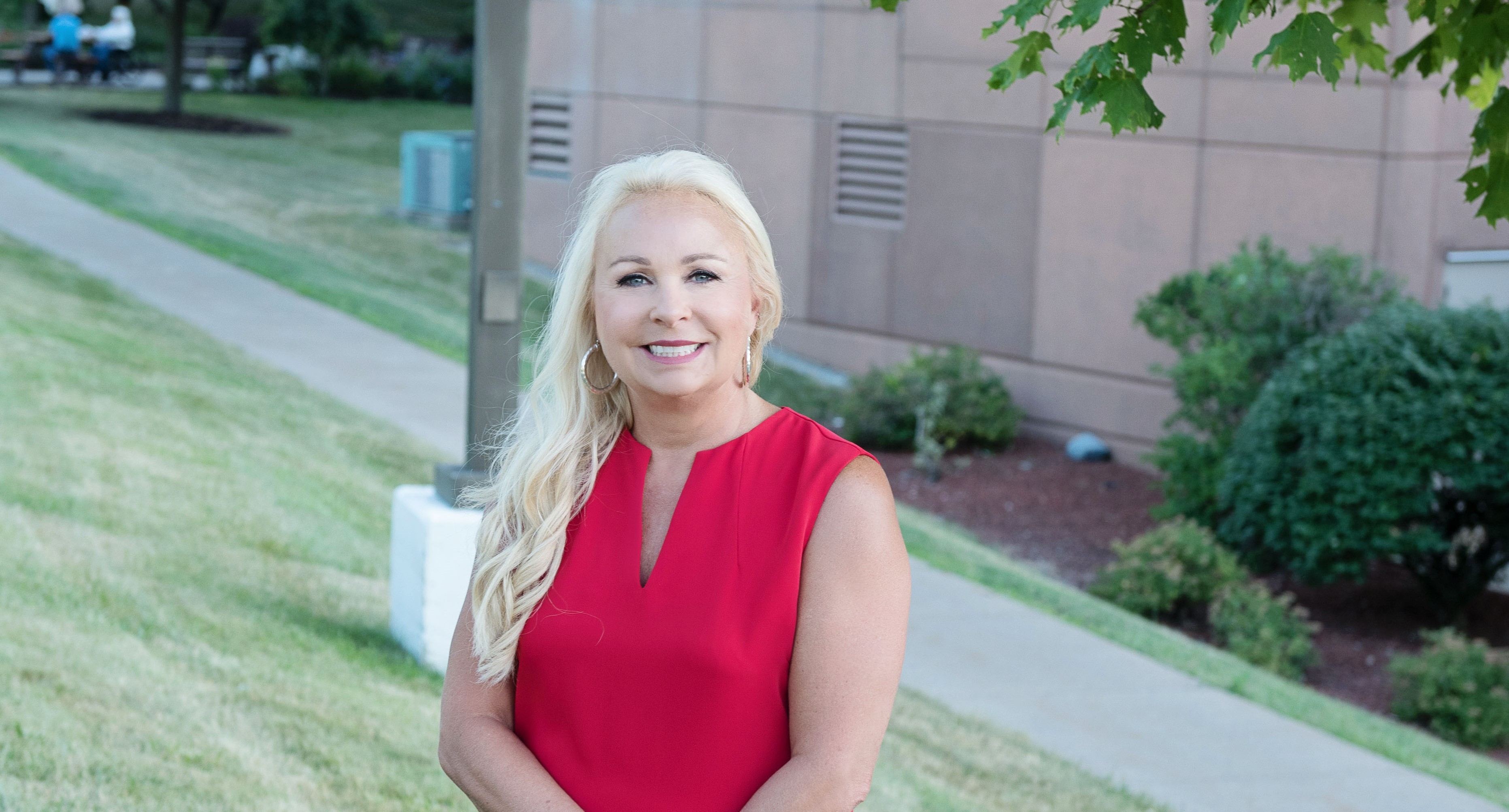How to Be Positive When Life Feels Negative
Have you ever had a moment when you imagined your life as a movie? If so, was it focused on the unfortunate hardships you’ve faced? Or was it a series of challenges you’ve overcome?
Many studies have been done about how we view ourselves and our interactions with others, but the foundation for human dynamics often comes back to psychiatrist Stephen Karpman, MD. Karpman observed that there are three main roles in the majority of human interactions – victim, persecutor/perpetrator, and rescuer. Collectively, he referred to these three as the “Drama Triangle.” The short version is that a victim encounters a persecutor (could be a person or circumstance) and in turn, feels powerless. As a result, he/she seeks out a rescuer (could be a person or some form of escape or addiction). In this triangle – the big question is, whose fault is it? The victim feels powerless, escaping fault, the rescuer supports that mindset, and the persecutor blames the victim.
What if we shift the focus from fault to empowerment? David Emerald is the author of The Power of TED (The Empowerment Dynamic), which offers an alternative triangle – one where we embrace the assertion that we can make choices that positively impact our lives. In this triangle, you have a creator as the central role. This individual recognizes they are in control of their responses and actions and, therefore can deal with their reality AND have a goal of a life they’re working toward. Creators encounter challengers (could be a person or circumstance), who provide an opportunity for the creator to improve skills, make tough decisions and do whatever it takes to achieve a dream. Creators seek out coaches (think professional, or trusted friend or family member). Coaches motivate creators to dream big and are there to help them find the appropriate steps to move forward toward those dreams. TED offers purpose, power, and compassion – which in turn give us a higher quality of life and more fulfilling relationships.
How do we get there? Self-awareness. The next time you face a tough situation or find yourself involved in office or family drama – take a moment and think about the role you’re in and the role you want to play. Here are a few ways you can change the language to embrace a new role.
- If you want to move from victim to creator:
- I choose to…
- I take responsibility for my part in this.
- I’m learning ______ from this difficult situation.
- If you want to move from persecutor to challenger:
- I believe you are better than this.
- This is clearly an opportunity for you to _________.
- Come back when you have a solution.
- If you want to move from rescuer to coach:
- What is it that you really want?
- What do you see as your options?
- What can you choose to do to improve this situation?
You have the power to decide your next step – what will you choose?
*Excerpts taken from lessons from the Integral Learning Program [ILP] through the Stagen Leasdership Academy.

